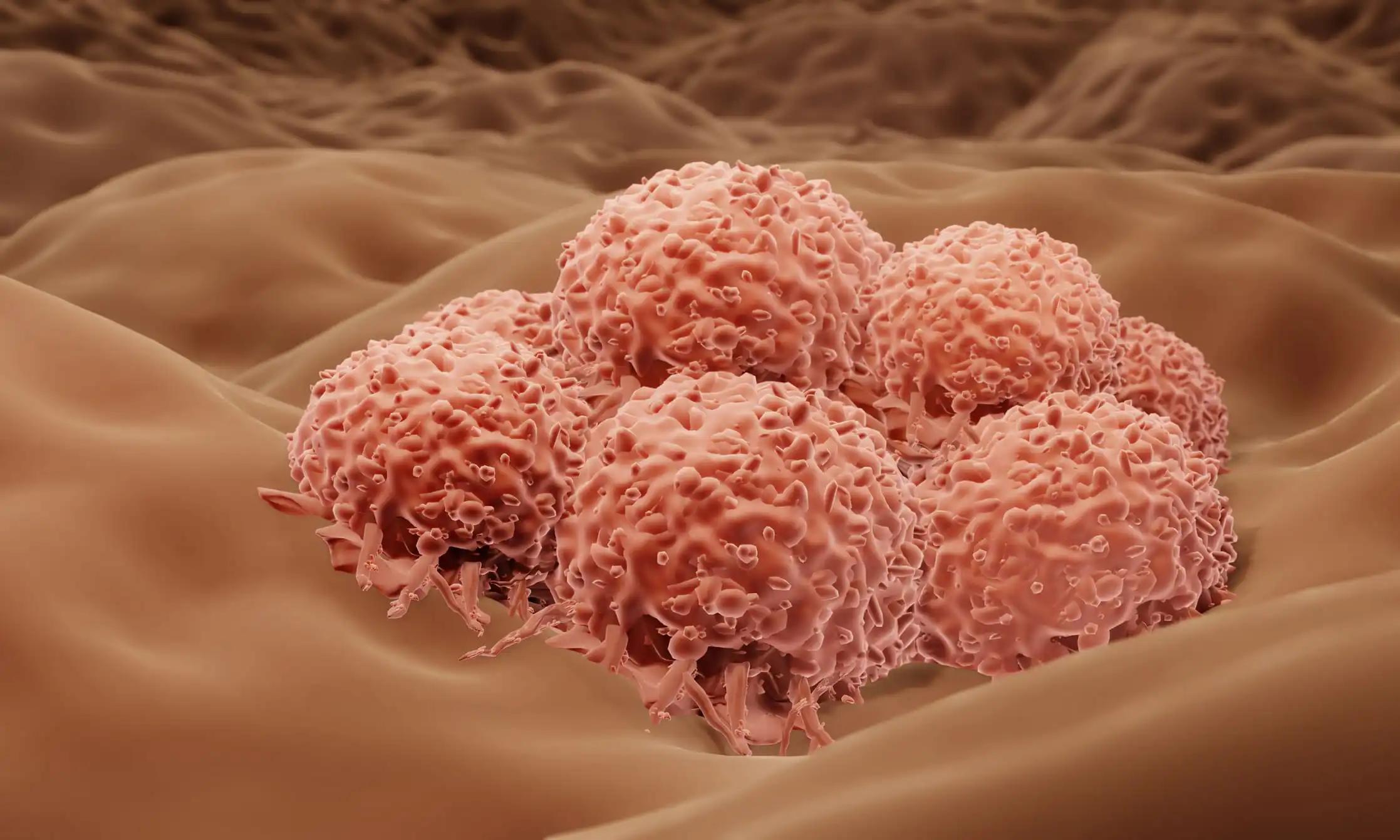KEY TAKEAWAYS
- The primary aim is to assess the safety of PH-762, and secondary goals include pharmacokinetics, immunological, and pathologic tumor responses.
- Eligible subjects must have histologically confirmed stage IIIB/IIIC/IIID or IV oligometastatic cutaneous melanoma with one resectable lesion large enough to allow IT injection and repeated biopsy.
- PH-762 is administered IT into one tumor lesion once weekly for 4 weeks before excision at 5-6 weeks post initial injection.
- The primary endpoint is to determine a safe dose of PH-762 via the incidence of dose-limiting toxicities (DLT) pre-resection.
- Secondary endpoints include the immunological response in tumor tissue and blood.
Immunotherapy with antibodies targeting PD-1 and CTLA-4 has been shown to provide significant advantages in treating late-stage melanoma. However, the response rate is limited to around 60%, and resistance may develop, prompting the need for further improvements in therapeutic options. Neoadjuvant treatment and local intratumoral (IT) injection are two approaches for enhancing the efficacy of immunotherapy with checkpoint inhibitors. In addition, neoadjuvant immunotherapy can induce notable pathological responses correlated with a decreased risk of relapse.
Nevertheless, there is currently no neoadjuvant standard of care for individuals with advanced melanoma that is resectable. IT immunotherapy uses the tumor as its vaccine to stimulate the immune system, thus priming an anti-tumor immune response and minimizing systemic exposure and off-target toxicities. PH-762 is a potent RNAi molecule that targets PD-1 and contains structural and chemical modifications that allow for rapid and efficient tissue absorption, making it suitable for IT administration. From pharmacology studies, PH-762 could effectively silence PD-1, resulting in T cell activation and dose-dependent tumor growth inhibition in vivo syngeneic tumor models.
This first-in-human study aims to evaluate the safety of neoadjuvant PH-762 when administered by IT injection. Additionally, the study will assess its pharmacokinetics and potential immunological and pathological tumor responses and determine the recommended Phase 2 dose. Eligibility criteria for the study include histologically confirmed stage IIIB/IIIC/IIID or IV oligometastatic cutaneous melanoma with at least one resectable lesion that is big enough to allow IT injection and can undergo multiple biopsies. Individuals with brain metastases, leptomeningeal disease, uveal melanoma, and auto-immune disease will be excluded.
PH-762 will be injected into the designated tumor lesion once a week for four weeks before the scheduled surgical excision 5-6 weeks after the initial injection. The dose of PH-762 will be normalized to the tumor volume to make sure the local dose (tumor tissue concentration) is consistent. After the tumor excision, the subjects will be followed up for six weeks. The study’s primary endpoint is to determine the safe dose of PH-762 by evaluating the occurrence of dose-limiting toxicities (DLT) before tumor resection.
The Bayesian optimal interval (BOIN) design will be employed to evaluate escalating doses of PH-762 with up to five dose levels across cohorts of three or more subjects. Tumor changes will be evaluated according to RECIST criteria (version 1.1 and iRECIST adapted for IT therapy) and pathological response. Secondary endpoints include the immunological response in tumor tissue and blood. The first cohort has already been enrolled.
Source:https://jitc.bmj.com/content/10/Suppl_2/A820
Clinical Trial:https://clinicaltrials.gov/ct2/show/NCT02360579
Fricker, S., Robert, C., Danloss, F.-X., Routier, E., Cuiffo, B. and Cardia, J. (2022). 788 A phase 1b study to evaluate the safety, tolerability, pharmacokinetics, and anti-tumor activity of neoadjuvant use of PH-762 administered intratumorally in subjects with advanced melanoma. Journal for ImmunoTherapy of Cancer, [online] 10(Suppl 2). doi:https://doi.org/10.1136/jitc-2022-SITC2022.0788.



